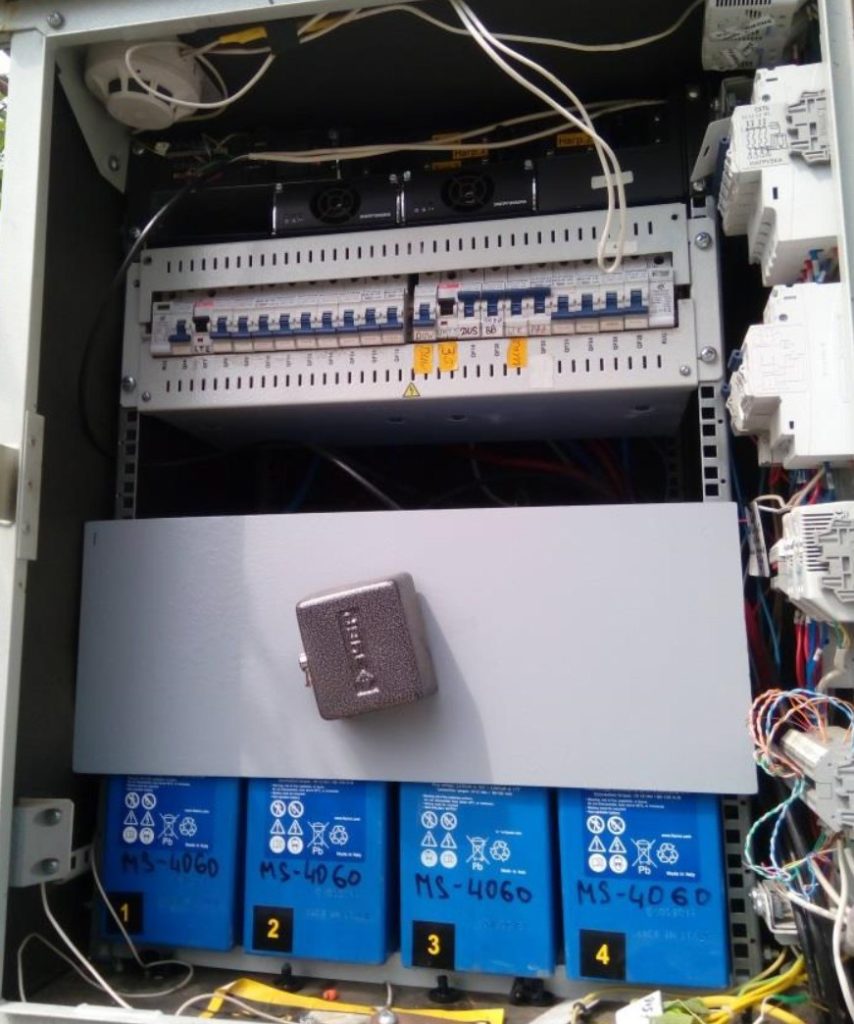Wherever you happen to discuss conventional power backup sources, some perpetual troubles around them come into play.
First one is safety. While in some South America countries there are cases of breaking batteries for extracting filter membrane that is used in drugs manufacturing, in Russia & CIS, on the other part of the world, tower companies face common thefts, that typically take only up to 3 minutes btw, every spring season.
Second is the performance unpredictability of all kinds of batteries. No wonder they say there are three types of liars: liar, big liar and battery supplier 🙂 Capacity and lifecycle strongly depend on weather conditions and a ton of specificities.
The third is environmental. Due to continuous deployment and years of usage tons of lead and acid pollute air and poison soil.
As mobile networks become a prevalent infrastructure for every city, the demand for sustainable power redundancy has grown tremendously. Conventional power backup schemes (one site — one battery set) won’t work for hundreds of thousands of small cells and 5G base stations in the nearest future.
New power hub-based grids that will combine switching between cells and reliability of distributed power lines are to be implemented. Imperceptible delay in base station power supply switching in case of blackout, could compromise the future safety of drones and pilotless vehicles, as low latency and slicing are essential for their 5G applications.
In search of alternative power sources for new applications (at some point this led me even to reversed Peltier element studying at MWC 2018) we in Constructive solutions have eventually come to use hydrogen power cells.
